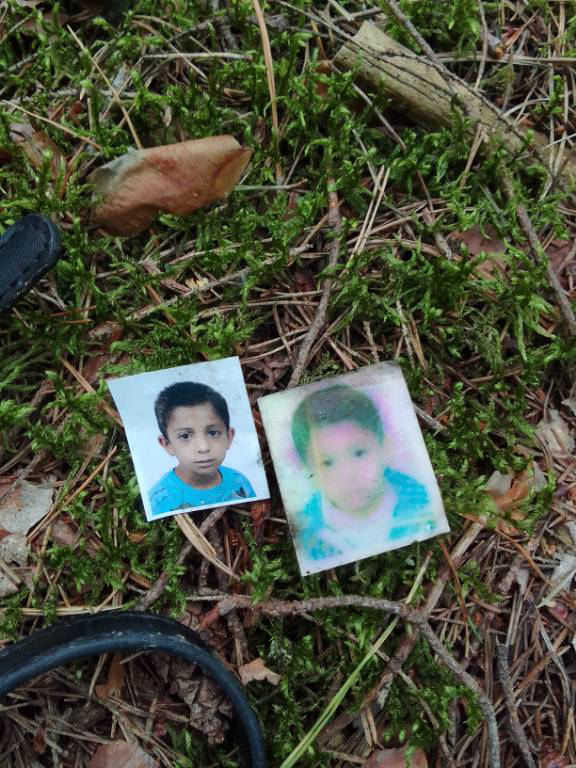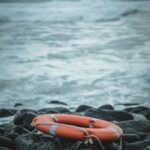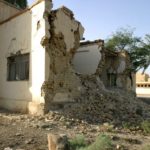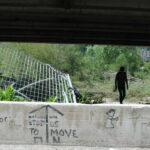There was a lot of attention when more and more people tried to cross into the EU autumn last year. But with the Belarusian military behind them and Polish border guards in front of them, there is no way forward. Helpless, sleepless and partly traumatized, they are still stuck in the forests – still there has been hardly any reporting for months.
„Few of our doctors knew what to do at the beginning because they had no experience with it.“
„Almost always, the first thing all aid workers had to learn was how to treat it,“ Ana* says. Her too. What is meant is an immersion foot, also called trench foot, which is actually known from the First and Second World Wars or from times when the USA was at war in Vietnam. Days and weeks, kilometers covered, in the same soggy shoes – bacteria and fungi nest in the damp tissue and smaller wounds. This leads to serious infections and, in the worst case, death.
Salam,
schön, dass du da bist!
Wenn du den vollständigen Artikel lesen möchtest, melde dich hier kostenlos im Online-Magazin an: Einloggen.
Wenn du noch nicht angemeldet bist, kannst du dich hier kostenlos neu registrieren:Kostenlos registrieren.
Neben unseren Online-Artikeln erhältst du dann zusätzlich alle zwei Wochen den kohero-Newsletter mit spannenden Texten, Interviews und Hinweisen zu unseren Workshops und Veranstaltungen. Viel Freude beim Lesen!
Wenn du Fragen hast oder Hilfe bei der Anmeldung brauchst, melde dich per Mail an team@ kohero-magazin.de.
Shukran und Danke!
Deine kohero-Redaktion







